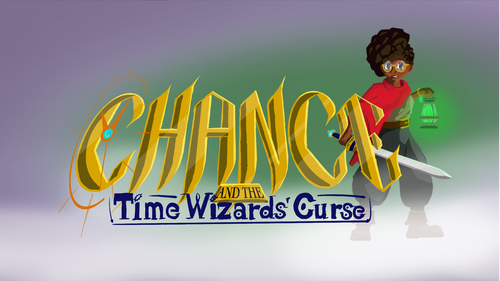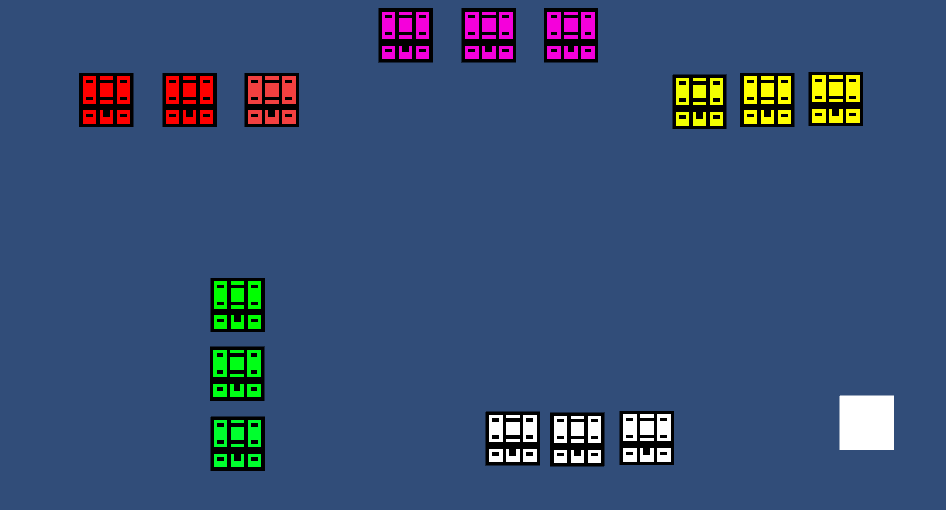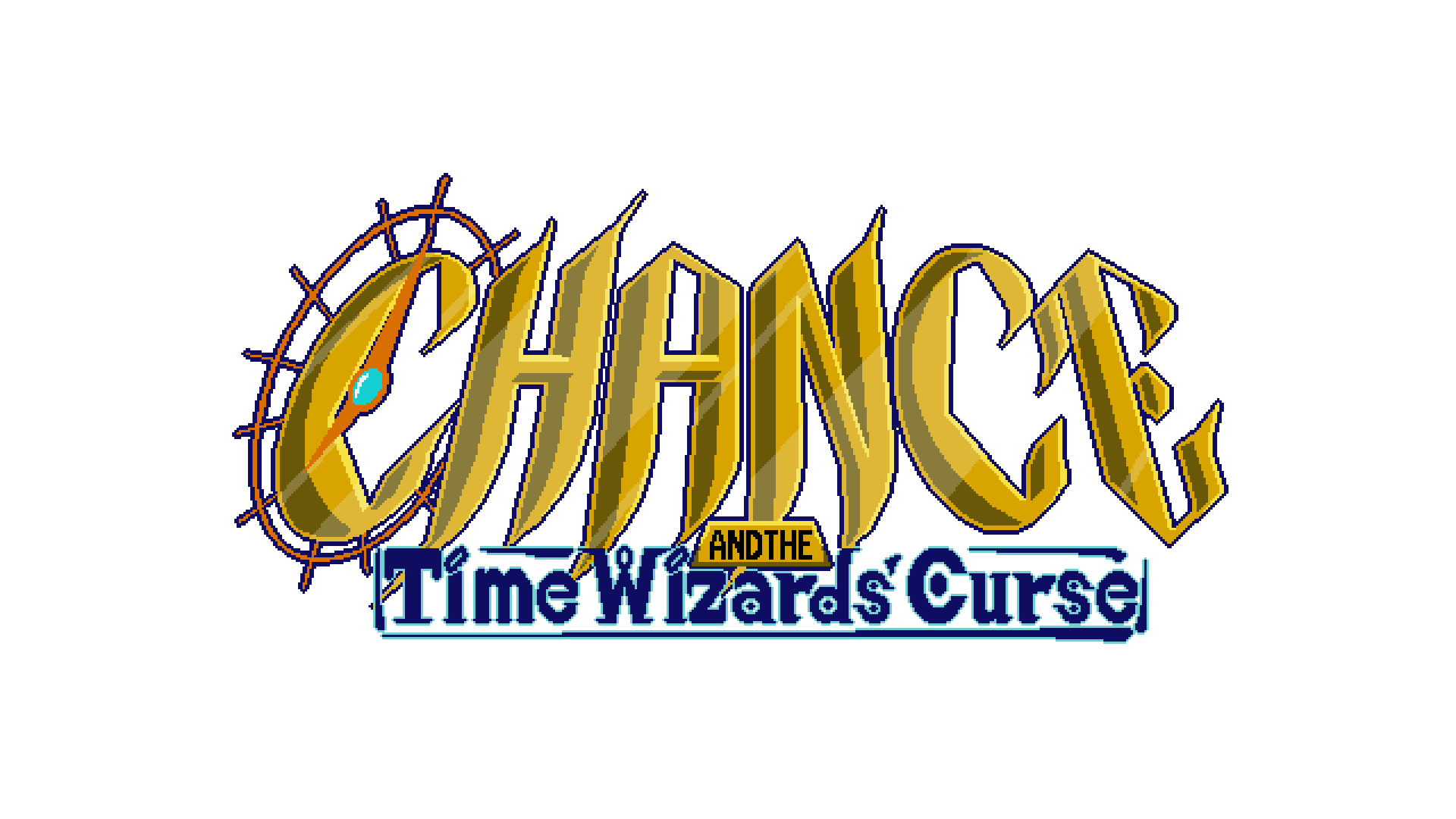Organizing thoughts to make progression easier

I have a confession: I am terrible at managing my own time. Or at least I have been in the past.
When I made Rift Defender I felt driven and had a clear goal. I kept track of my thoughts and built a small game in around a month. but after I released that little game, everything just stopped. I kept making excuses for why I wasn't developing, I had ideas for a game called 'Road to Brazil', a Limbo-like adventure which would have shaped up to look a lot like Planet of Luna. That project is on an indefinite hiatus now because the ideas stopped, I could never make head nor tail of the Story I wanted to tell, and since the game was to be heavily story driven that was a huge blocker. So, the dream died.
I came back to games development in February just gone and started plotting ideas for what now is Chance and the Wizards' Curse. Not because I gave up on development entirely, a lot has happened in the last 2 years, and some of my 'excuses' were valid, but because I had a tangible and achievable goal with a clear vision.
I wanted to make a game like A Link to the Past Randomizer - almost exactly like it. Sure, that's a derivative goal but it has clarity. I can easily visualize that, I know what that looks like: a top-down adventure game full of puzzles, dungeons and bosses and items in chests placed according to a logical 'random' algorithm.
What I've done to stick to that goal hasn't been overly groundbreaking, but it has been productive: I have a full Notion board with my tasks listed in a bite-size form to make tasks easier to implement. I have also discarded some of the things which became distractions in the Rift Defender progress, most notably Twitter and just social media in general. I also made a point to not get stuck in a tutorial loop. Tutorials are great if you want to learn something, but not so great if you want to implement your own ideas. I am a reasonable coder, I'm not Notch, but I can make a square move around a screen at a reasonable level, so what I decided was to back my own logical ability to overcome problems.
Breaking tasks down helps improve my productivity, it removes the 'sprite art' from the 'mechanics', these are two separate entities and don't need to be implemented at the same time. for reference, here's what I see when I boot my game up:

That's two squares, Matt, what on earth have you been doing for 2 months? I've been creating the scripts in the background, the stuff that's doing the heavy lifting, about 2000 lines of code refactored and improved, that's not counting the discarded code in problem solving.
Even though my game still looks basic I still have a clear enough vision thanks to writing things down and keeping track of ideas in my Notion board. Currently my board contains Story details though four full acts, it has character profiles of my key players, dungeon concepts and item mechanics both implemented and not. it's a brain dump even more so than these blog posts All my scripts are derived from those designs; driven by the mechanics I've written down. the code structure is defined by how my items interact with one another, or how I want a player to interact with the game.
The core part of my game, it's 'unique' aspect, the randomization has largely been created, it is unlikely to change before the prototype is built because it does exactly what I need it to at this point in time: it randomizes items and prevents soft locks (at least I think it does, I haven't found one yet). I've detailed some of my thoughts on that in the past, but my approach was again to avoid tutorials and use the basis that is set up by the randomizer community to define the logic process. It's a problem which has already been solved, so I needed to make that work in my game.

The point to this rambling is that keeping a check on my thoughts and not allowing them to run away from me has helped make progress. It's taken an idea and allowed it to grow without getting choked in the weeds of other thoughts. It has also kept the scope under control and kept the creep at a manageable speed. Has the game grown beyond its original idea? Of course it has, I like this idea, so allowing it to grow and seeing it form has been a great experience, but referring to my list of tasks has kept that in check. If my next task is to make the Sword mechanic (it is) and I'm daydreaming about boss battles (I am) then instead of dropping the thought completely I write down my boss battle idea in my Notion Boss Design page and leave it there, it's been allowed to grow and is now stored outside of my mind, freeing up space to work on creating a hitbox for a swingy sword.
Keeping ideas in check is, I think, an essential part of why I've struggled with developing in the past. It wasn't that Rift Defender emptied my mind of ideas for games, it's that I had too many ideas and no notion of where to start implementing them. with 'Chance' I knew exactly where to start, and I've made good progress for the time I've invested.
For the record though, I promise I'll start creating some pixel art for the game so it looks better in these posts. I'll even discuss the challenges when I get to it.
Chance and the Time Wizards' Curse
Classic top down gameplay with randomized item locations
| Status | Prototype |
| Author | Matt Deamer | Long Trail Games |
| Genre | Adventure, Action, Puzzle |
| Tags | 2D, Action-Adventure, Fantasy, Indie, Retro, Singleplayer, Top-Down |
More posts
- Chance and the Time Wizards’ Curse Progress Update #1Aug 16, 2024
- Diving in with Pixel ArtJul 24, 2024
- Giving my game a nameApr 10, 2024
- Giving items extra value to mitigate difficulty.Apr 09, 2024
- Approaches to Random Item AllocationMar 06, 2024
- Applying Logic to Rando Location AssignmentFeb 29, 2024
- Returning to the Long TrailFeb 27, 2024

Leave a comment
Log in with itch.io to leave a comment.